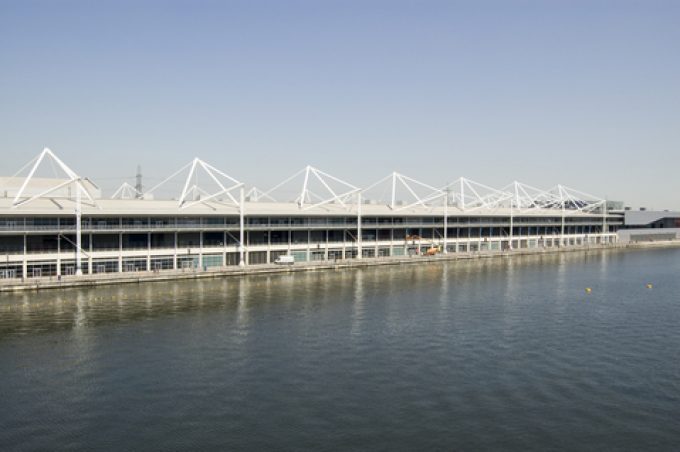Box-ticking, with fitting in the school run still the poser for women in air cargo
Last week’s CNS conference’s Women in Air Cargo panel succeeded in highlighting the inequities in ...

A dead queen, a new king, a new prime minister, a collapsing currency and soaring inflation: welcome to the UK, now an emerging market economy.
Against this exciting backdrop, IATA’s World Cargo Symposium opened today in London.
Well, nearly London. In fact, it’s at the vast Excel ...

Comment on this article